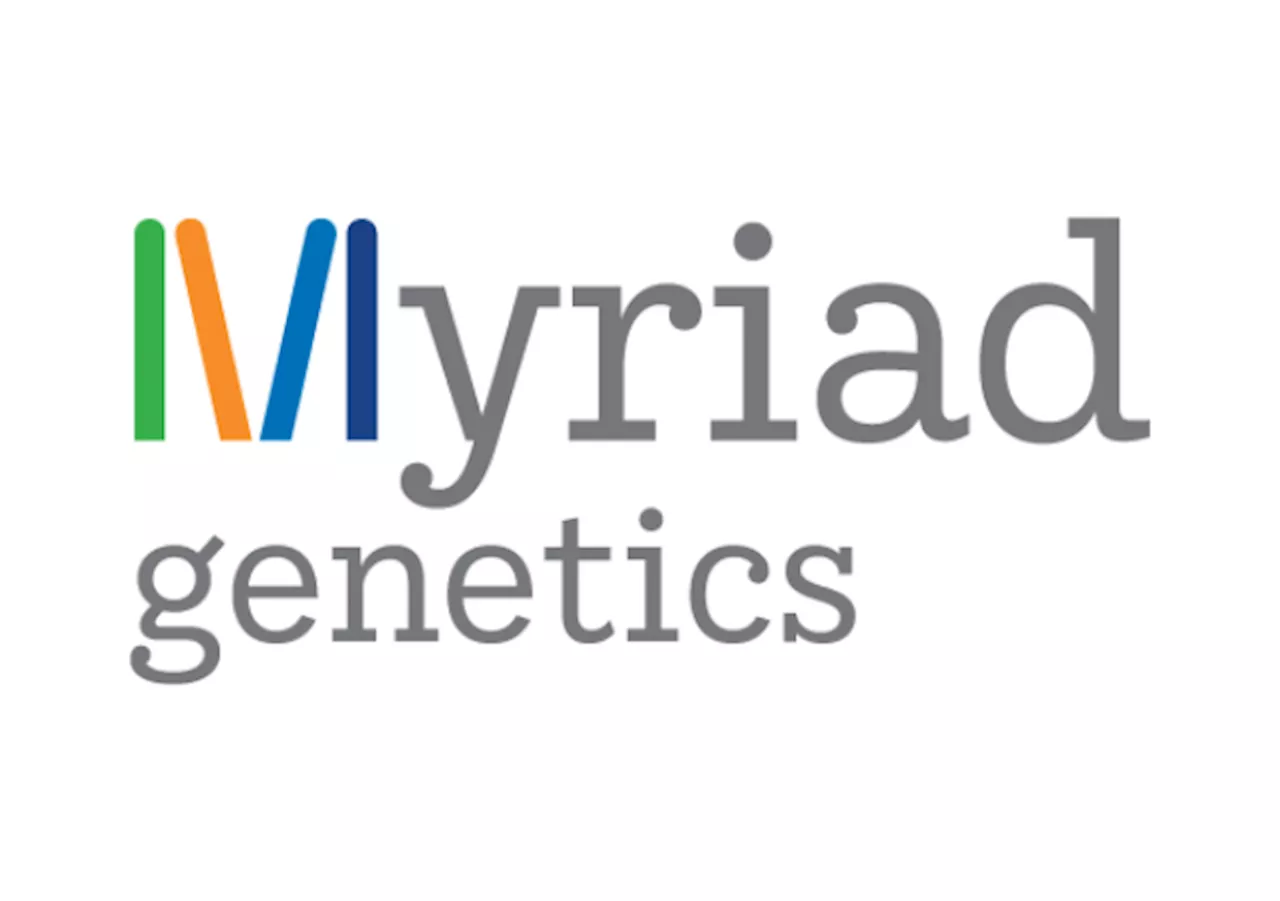Xolair is considered the first medication approved by the FDA that can help protect against severe allergic reactions brought on by accidental exposure to certain foods.
About 4.6 million adults in the U.S. have a peanut allergy, according to a study published by theMilk, eggs, walnuts and peanuts — this is not a grocery list, but some of the food allergies that could be more easily tolerated with a newly approved drug.by the Food and Drug Administration on Friday to help reduce severe allergic reactions brought on by accidental exposure to certain foods.
The medication is not intended for use during an allergic reaction. Instead, it is designed to be taken repeatedly every few weeks to help reduce the risk of reactions over time. The FDA said people taking the drug should continue to avoid foods they are allergic to.
Some of the most common side effects include fever and a reaction to the injection site. The drug also warns that the medication itself can trigger anaphylaxis. Genentech advises that a heath care provider monitors a person who is starting to use Xolair. The cost of the medication ranges from $2,900 a month for children and $5,000 a month for adults, though the cost could be brought down with insurance, according to theAs of 2021, about 1 in 16 adults in the U.S. have a food allergy and it impacts women and Black adults at higher rates, according to theXolair has already been approved by the FDA to treat some cases of persistent asthma triggered by allergies, chronic hives and chronic inflammatory sinus disease with nasal polyps.
The drug is administered by injection every two or four weeks. Over time, Xolair has proven to help some people tolerate foods they are allergic to, according to aIn a trial with 168 patients who were allergic to peanuts and at least two other foods, 68% of people who took Xolair for 4 to 5 months were able to consume about 2.5 peanuts without symptoms like body hives, persistent coughing or vomiting, according to the FDA.
Canada Latest News, Canada Headlines
Similar News:You can also read news stories similar to this one that we have collected from other news sources.
 Recalled applesauce pouches likely contained lead due to a single cinnamon processor the FDA just identifiedEcuador's authorities allege that Carlos Aguilera, a cinnamon grinder in Ecuador, is 'the likely source' of the contaminated spices that led to the recall of WanaBana applesauce.
Recalled applesauce pouches likely contained lead due to a single cinnamon processor the FDA just identifiedEcuador's authorities allege that Carlos Aguilera, a cinnamon grinder in Ecuador, is 'the likely source' of the contaminated spices that led to the recall of WanaBana applesauce.
Read more »
 FDA move to ban formaldehyde in hair straighteners called too little, too lateThe FDA will soon move to ban formaldehyde in hair-straightening products. It's more than a decade after research raised alarms about health risks and other worrying chemicals remain in the products.
FDA move to ban formaldehyde in hair straighteners called too little, too lateThe FDA will soon move to ban formaldehyde in hair-straightening products. It's more than a decade after research raised alarms about health risks and other worrying chemicals remain in the products.
Read more »
 Experts Warn Against Unregulated Dietary Supplements and Protein PowdersLearn why dietary supplement labels can be misleading and why the FDA is cracking down.
Experts Warn Against Unregulated Dietary Supplements and Protein PowdersLearn why dietary supplement labels can be misleading and why the FDA is cracking down.
Read more »
 FDA-Approved Genetic Tests for Targeted Therapies and Risk AssessmentLearn about the FDA-approved genetic tests that can identify patients with specific genetic mutations, assess their risk for certain health conditions, and guide treatment decisions.
FDA-Approved Genetic Tests for Targeted Therapies and Risk AssessmentLearn about the FDA-approved genetic tests that can identify patients with specific genetic mutations, assess their risk for certain health conditions, and guide treatment decisions.
Read more »
 FDA Denies Application for New Antifungal DrugThe Food and Drug Administration has denied an application for a new antifungal drug called olorofim, requesting more data. Fungal infections pose a growing threat to human health, and doctors are in need of new medicines to combat this problem.
FDA Denies Application for New Antifungal DrugThe Food and Drug Administration has denied an application for a new antifungal drug called olorofim, requesting more data. Fungal infections pose a growing threat to human health, and doctors are in need of new medicines to combat this problem.
Read more »
 FDA-Approved Genetic Tests for Various Medical ConditionsThis article discusses FDA-approved genetic tests that can be used to identify patients with specific genetic mutations, assess the risk of passing down inheritable health conditions, analyze how genes may affect outcomes with mental health medications, determine eligibility for certain cancer therapies, and discover and target important variants within tumors.
FDA-Approved Genetic Tests for Various Medical ConditionsThis article discusses FDA-approved genetic tests that can be used to identify patients with specific genetic mutations, assess the risk of passing down inheritable health conditions, analyze how genes may affect outcomes with mental health medications, determine eligibility for certain cancer therapies, and discover and target important variants within tumors.
Read more »
